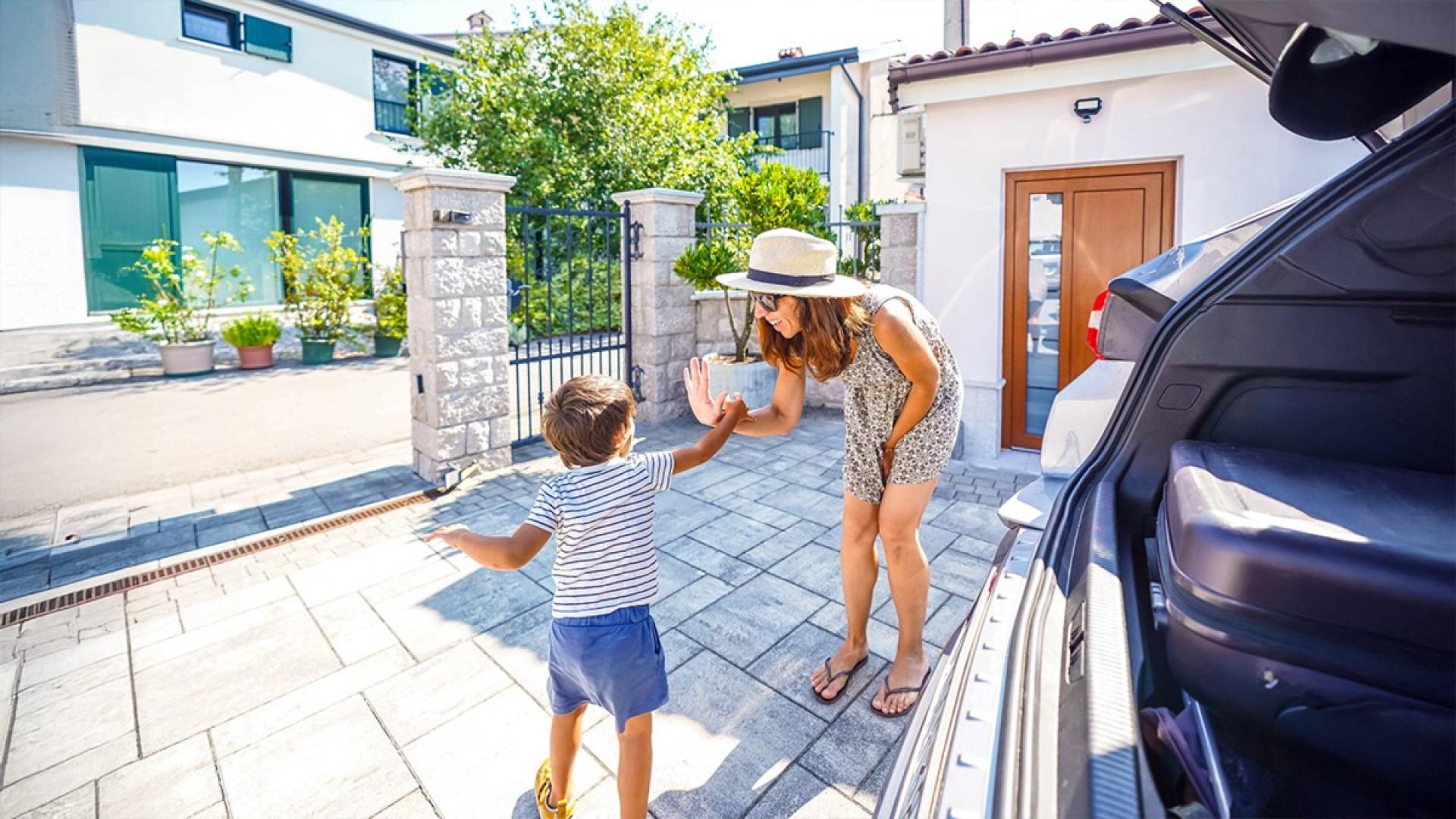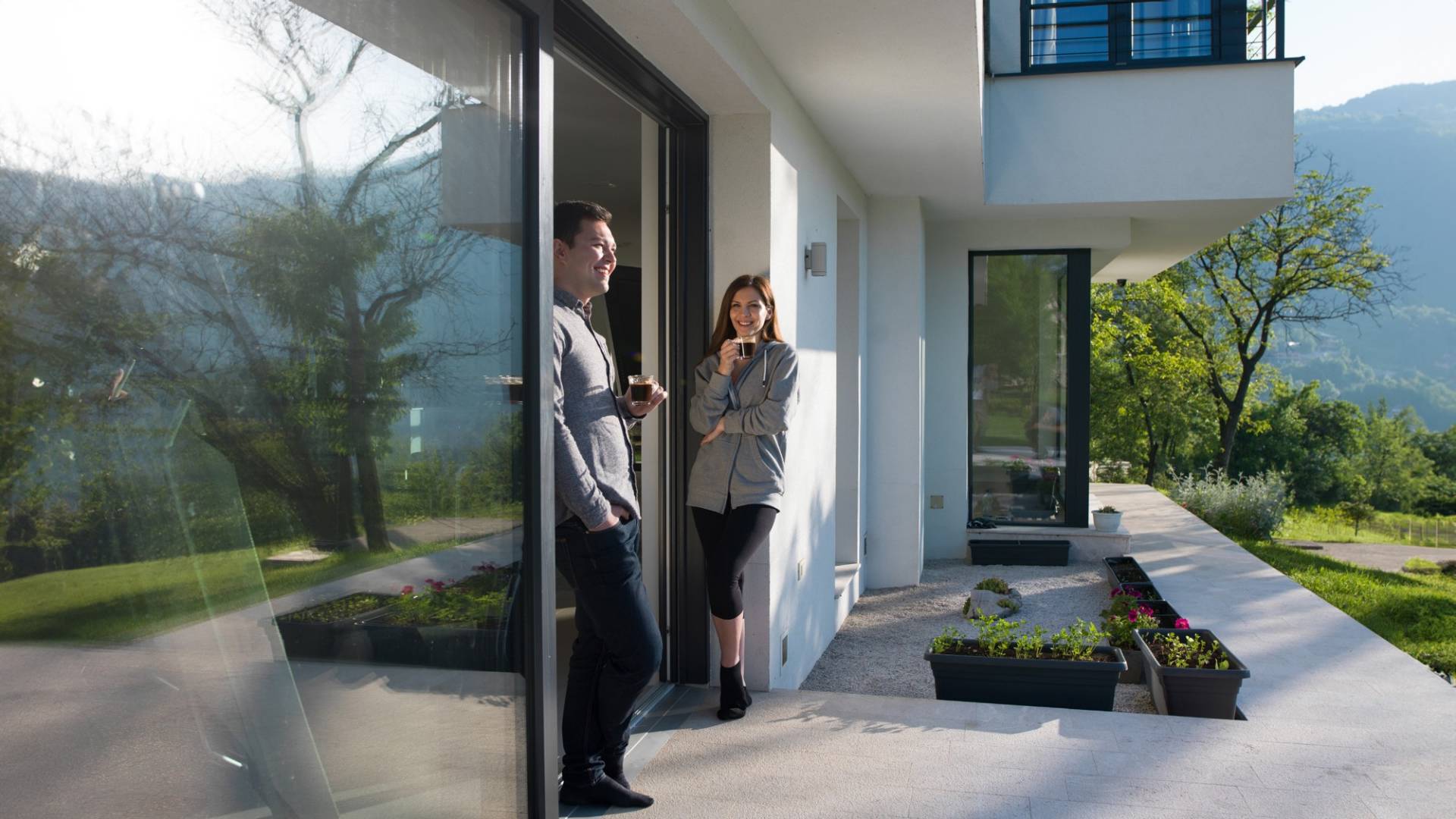We use cookies to make its website more user-friendly, secure and effective. Cookies collect information about the use of websites. Further information: Information on data protection

Calculating property gains tax.
What is property gains tax and why is it levied?
If a property is sold for a profit, the cantons levy a tax on this profit. This is called property gains tax. The reason for this is to put a check on the speculative real estate trading. The shorter the amount of time for which a property is owned, the higher the tax. As well as this, in many places investments in public infrastructure contribute indirectly to increases in the value of private property. Property gains tax is designed to ensure a portion of the value appreciation is invested back into the community.
How is property gains tax calculated?
The difference between the sale and purchase price is the main way in which property gains tax is calculated. A significant amount of time may pass between the purchase and sale, with profits reaching hundreds of thousands of Swiss francs. Ancillary costs relating to the purchase and sale (e.g. notary fees) and investments that increase the value of the property (e.g. conservatory, pool, etc.) are deducted from the profit. Depending on how the long the property is owned for, the canton applies a percentage tax rate to the remaining net profit, which differs from canton to canton.
Calculate property gains tax now.
Use our quick and easy calculator to find out how much property gains tax you would need to pay if you sold your property today.












